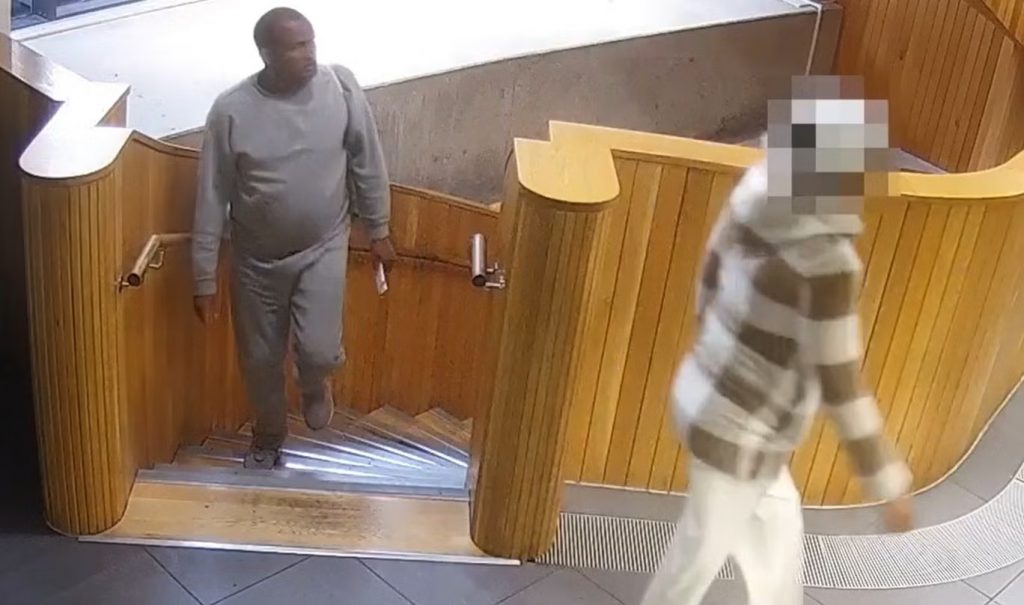The mistaken release of Hadush Kebatu, a 38-year-old migrant from Ethiopia convicted of sexual assault, has caused major controversy in the UK. Kebatu had been sentenced for assaulting a 14-year-old girl and a woman while staying in an asylum seeker hotel. Instead of being held for deportation, he was wrongly freed from HMP Chelmsford due to what officials described as “human error.”
The incident triggered a nationwide manhunt. CCTV footage showed him moving through Chelmsford, then into parts of east London, including Stratford and Dalston. He was arrested in Finsbury Park on Sunday, October 26, 2025. Kebatu later claimed he tried to surrender to the police, but the Metropolitan Police strongly denied this, saying his actions showed he was avoiding them.
Why has the case caused so much public anger?
People are shocked that someone convicted of a serious crime was mistakenly released and then paid with taxpayer money to leave the country.
After his arrest, Kebatu threatened to delay deportation by contesting the removal process. To avoid higher costs linked to rebooking flights and security, the Home Office offered him a £500 discretionary payment to ensure he boarded the flight. Policing Minister Sarah Jones admitted the payment was uncomfortable, saying, “It sticks in the throat,” but argued it was cheaper than alternatives that could cost around £10,000.
Kebatu was deported to Ethiopia on Tuesday, October 28, 2025. He was escorted by five security officers and is now permanently barred from returning to the UK. The Home Office confirmed that he initially entered the country by crossing the Channel in a small boat in June 2025.
The case has triggered deep criticism across politics. Conservative MP Neil Hudson called it a “catastrophic mistake” and demanded accountability from leadership, saying the situation highlights major failures in handling migrant offenders and protecting the public. Justice Secretary David Lammy has launched an independent investigation into how the error happened.
The situation has also reignited debate over the UK’s wider migration and deportation systems. Critics argue this case, along with other recent incidents, shows the government is struggling to effectively manage illegal migration and foreign offenders. Many people say public confidence is being damaged each time such mistakes occur.
As the investigation continues, many are waiting to see whether new systems will be put in place to stop similar mistakes. For now, the case remains a serious example of what happens when criminal justice and immigration procedures break down at the same time.

